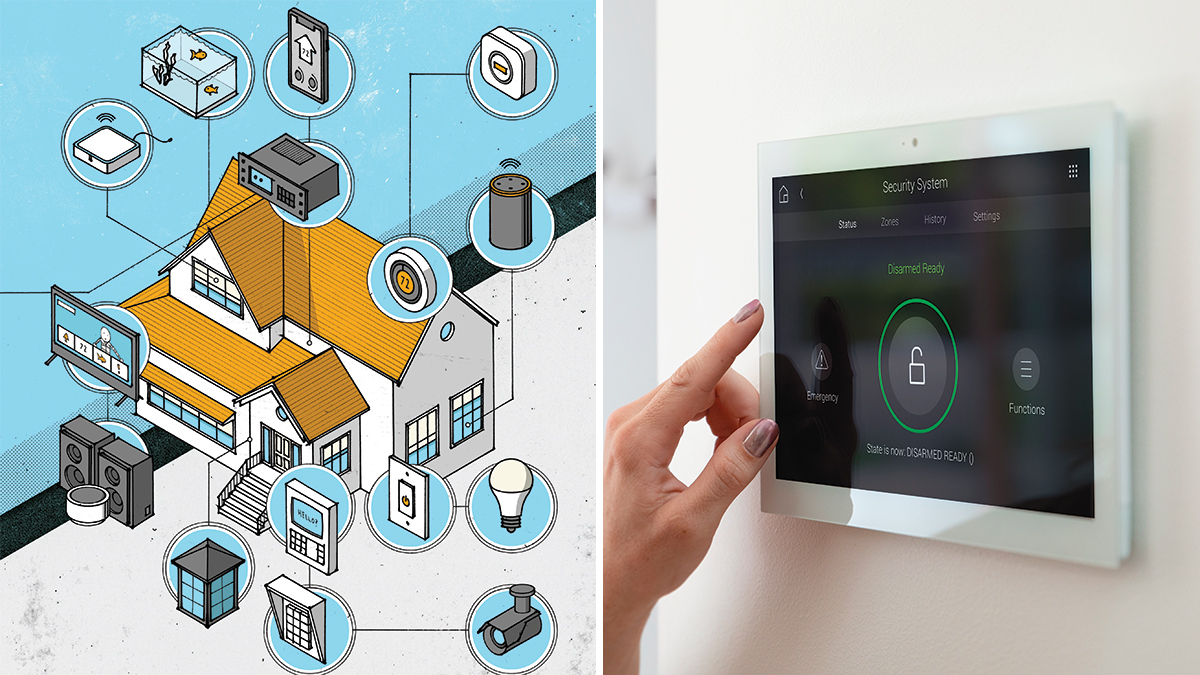
The Rise of Smart Home Integration
In the era of advanced technology, the concept of smart home integration has become increasingly prevalent, transforming traditional houses into modern, connected living spaces. This article explores the multifaceted benefits and possibilities that come with embracing smart home technologies.
Streamlining Daily Tasks with Automation
Smart home integration involves the use of interconnected devices and systems that can be controlled remotely. One of the primary advantages is the ability to automate various daily tasks, enhancing efficiency and convenience. From adjusting thermostat settings to controlling lighting and security systems, automation simplifies mundane activities, allowing residents to focus on more meaningful aspects of their lives.
Energy Efficiency and Cost Savings
A key aspect of smart home integration is the focus on energy efficiency. Smart thermostats, lighting, and appliances enable users to monitor and regulate energy consumption, leading to potential cost savings. The ability to schedule and optimize energy usage contributes to a more environmentally friendly and sustainable lifestyle.
Enhanced Security and Peace of Mind
Security is a paramount concern for homeowners, and smart home integration provides advanced solutions. Smart security systems with features such as video surveillance, doorbell cameras, and smart locks offer real-time monitoring and control. This not only deters potential threats but also provides residents with peace of mind, knowing they can keep an eye on their property from anywhere in the world.
Seamless Entertainment Experiences
Smart home integration extends to entertainment systems, creating a seamless and immersive experience for users. Home theaters equipped with smart audio and video systems, as well as integrated streaming services, offer unparalleled entertainment options. The ability to control these systems through a central hub or smartphone app adds an extra layer of convenience.
The Role of Voice-Activated Assistants
Voice-activated assistants, such as Amazon’s Alexa or Google Assistant, play a central role in smart home integration. These virtual assistants enable hands-free control of various devices, creating a more intuitive and user-friendly experience. From setting reminders to answering queries and controlling smart home components, voice-activated assistants enhance accessibility.
Personalized and Adaptive Environments
Smart home systems can adapt to the preferences and routines of residents. By learning usage patterns, these systems can automatically adjust settings for lighting, temperature, and other factors to create personalized and comfortable living environments. This adaptability contributes to a more enjoyable and tailored living experience.
Overcoming Challenges and Privacy Concerns
While the benefits of smart home integration are evident, it’s essential to address challenges and privacy concerns. The interconnected nature of these devices raises questions about data security and privacy. Manufacturers and users alike must take measures to ensure that personal information remains secure and protected.
Future Trends and Innovations
As technology continues to evolve, the landscape of smart home integration will witness ongoing innovations. Future trends may include increased interoperability between devices, advancements in artificial intelligence, and the integration of sustainable practices. Staying informed about these developments will empower homeowners to make informed decisions about their smart home ecosystems.
Embracing Smart Home Integration Today
To embark on







